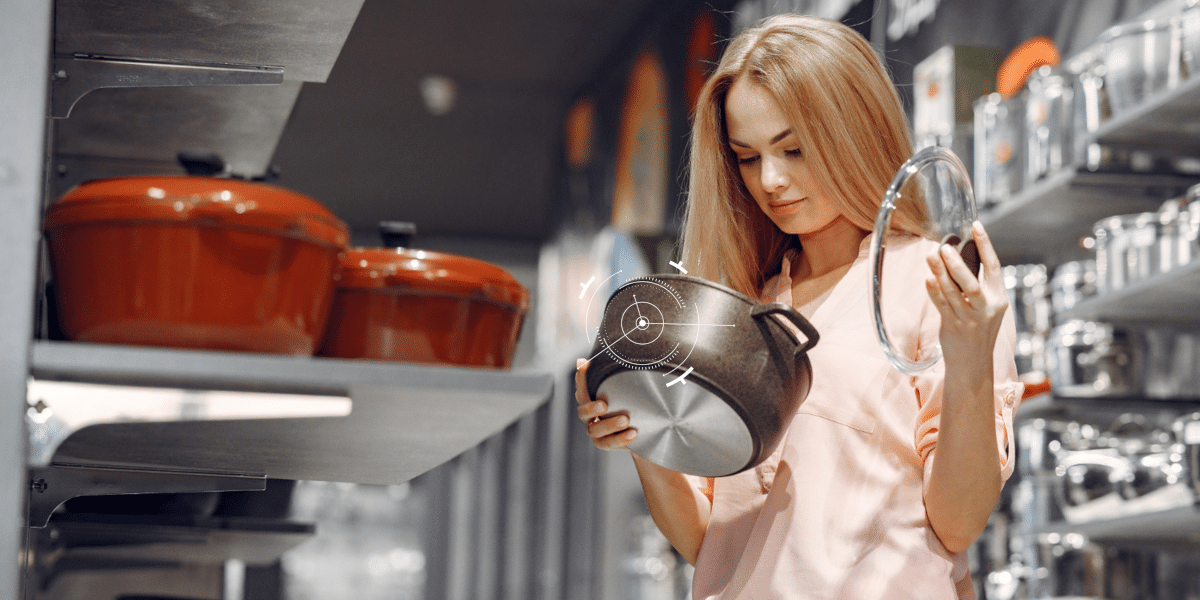
In the world of cookware manufacturing, safety is non-negotiable. From coatings to heat resistance and handle design, every detail must meet strict standards. When these standards aren’t met, the consequences can be devastating—financially and reputationally. Here are five notable cookware recall cases that serve as cautionary tales for manufacturers and underline the vital importance of quality assurance.
In 2025, a global leading lifestyle brand recalled approximately 1.85 million multi-function pressure cookers. The recall was prompted by reports that the cookers’ lids could be opened while still pressurized, leading to hot contents escaping and causing burns. The U.S. Consumer Product Safety Commission (CPSC) received 106 reports of burn injuries, including over 50 cases of second- and third-degree burns. According to estimation, this recall could cost the brand over $50 million.
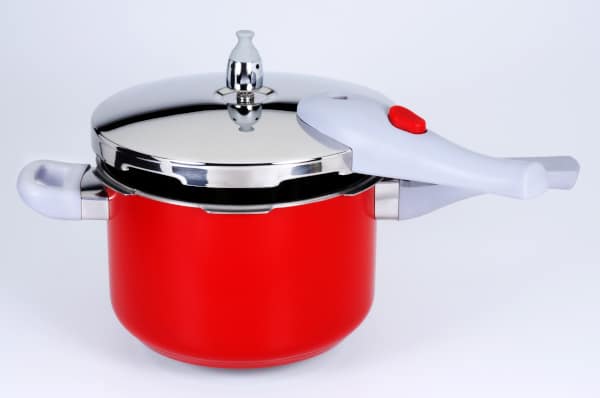
On-site inspections of pressure cookers often include critical on-site tests to ensure safe usage. Real-life function testing—such as full function test leaking test—can help detect issues early, like the risk of faulty components, and prevent any potential market incident or product recalls.
Key Takeaways:
In early 2025, A popular U.S. drinkware brand recalled over 2.6 million trigger-action stainless steel travel mugs worldwide. The recall was due to the mugs’ lids detaching when exposed to heat and torque, leading to 38 reported burn injuries. The affected mugs were available in various sizes and colors through retailers like Amazon and Walmart. The brand is offering a free replacement lid that will work with the recalled products as remedies.

A thorough product inspection—particularly focusing on-site functional testing—could have helped identify such quality issues. On-site function testing—like heat exposure test and physical stress test—could help to reveal the lid detachment issue early. Detecting this defect during inspection would have allowed timely correction before reaching the end consumers.
Key Takeaways:
In the first quarter of 2025, a British cast iron cookware brand issued an urgent recall for various cast iron cookware items sold since 2023. Testing by the UK’s Office for Product Safety and Standards revealed that the cookware could release heavy metals during use, posing a serious health risk. The recall affected multiple products, including skillets and griddles, and customers were advised to stop using the items immediately.
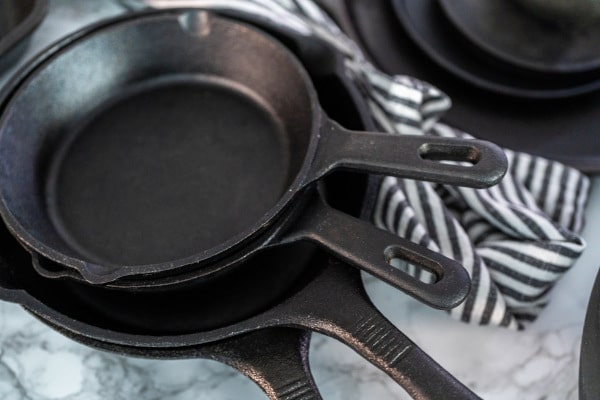
Lab testing plays a vital role in detecting harmful substances like heavy metals before products reach consumers. Professional testing helps identify chemical migration risks early, ensuring safety and compliance. A thorough food contact migration test on production samples can be an effective solution for detecting the existence of toxic content in cookware and kitchenware products.
Key Takeaways:
In mid 2020, a leading ceramic-coated cookware company recalled approximately 11,160 Dutch ovens. The recall was issued because the lids could explode while the oven was in use, posing a significant risk of injury and burns. The firm has received four consumer reports of incidents, including one report of property damage, and no injuries have been reported.
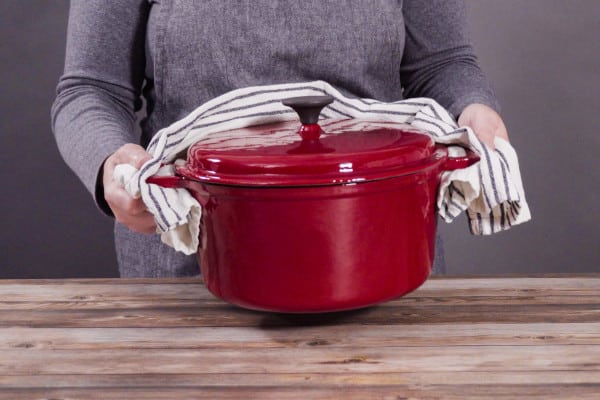
Comprehensive inspections—including key steps like leaking test, sealing test, and fatigue test—could have identified potential issues like leaking and lid vulnerabilities before shipment. Catching these risks early helps prevent safety issues and costly recalls.
Key Takeaways:
In 2018, this cookware manufacturer recalled a batch of its multicookers due to overheating, which could cause the unit to melt and pose fire hazards. The problem was linked to a manufacturing defect affecting certain batch codes. Given about 100,000 units were impacted, the brand had to act quickly to maintain consumer trust in an intensely competitive market. This case underscores the importance of batch-level inspection and early problem detection in smart kitchen appliances.
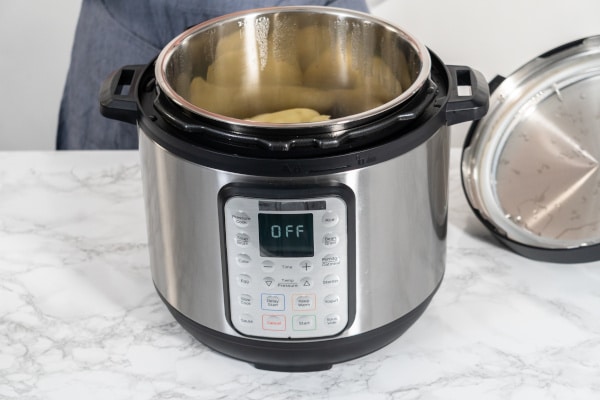
Daily-use appliances like multicookers must be fail-safe. During-Production Inspection (DUPRO) helps catch issues—like faulty sensors, poor insulation, or unstable materials—early in the manufacturing process. This enables brands to take corrective actions while products are still on production lines and prevent costly re-dos before full assembly.
Key Takeaways:
Each cookware recall case above reinforces a clear message: safety must be at the heart of every cookware product. From sealing malfunction to material safety, even minor flaws can pose serious risks. That’s why robust quality assurance is essential to ensure compliance.
Key aspects of cookware compliance include:
How to ensure compliant to protect your brand and end consumers? Here’s how a robust quality assurance strategy can help avoid these costly mistakes:
Quality assurance isn’t just about ticking boxes—it’s about protecting your customers and your brand. A small investment in quality assurance can prevent massive losses, both financial and reputational.
Stay ahead of costly recalls. Protect your brand with expert cookware quality assurance—from supplier audits to lab testing and product inspections.

Want to know more about one of our many services? Contact us to find out more information about what API can do for your company today.
Address
Copyright © 1981 – 2022 API. All Rights Reserved.